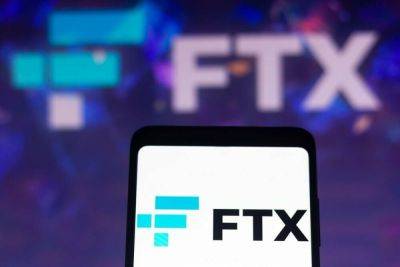New Zealand is ‘Cautious’ on Crypto While Singapore Takes Proactive Approach to Regulate Stablecoins
Stakeholders in New Zealand are advocating for a gradual and meticulous strategy in regulating the crypto industry in the country. On the other hand, Singapore is embracing a proactive and comprehensive regulatory stance toward stablecoins.
Recently, the Finance and Expenditure Committee of the New Zealand House of Representatives released a comprehensive report, a product of a study initiated in 2021, spotlighting the implications and hazards associated with the integration of digital assets into the country's payment system.
The 99-page report acknowledged the susceptibility of digital assets to security breaches and the volatility they exhibit.
Despite these challenges, the report highlighted the manifold advantages inherent in this asset class.
Notably, the utilization of blockchain technology was underscored for its potential to enhance transparency and efficiency in payment systems. The report, however, cautioned against hasty and stringent regulatory measures.
The Finance and Expenditure Committee argues that excessive regulation could stifle innovation within the digital asset ecosystems, potentially undermining the payment landscape in New Zealand.
The committee emphasized the importance of providing government agencies with the technical tools and resources necessary to formulate a comprehensive regulatory framework. The report discouraged the rush to enact legislation, as it noted that both blockchain and digital assets are still in the early stages of development.
The committee's recommended approach focuses on a step-by-step process for overseeing digital assets. Instead of rushing into rigid legislation, the suggestion is to let regulators address challenges as they arise, allowing for a more adaptable and
Read more on cryptonews.com






















